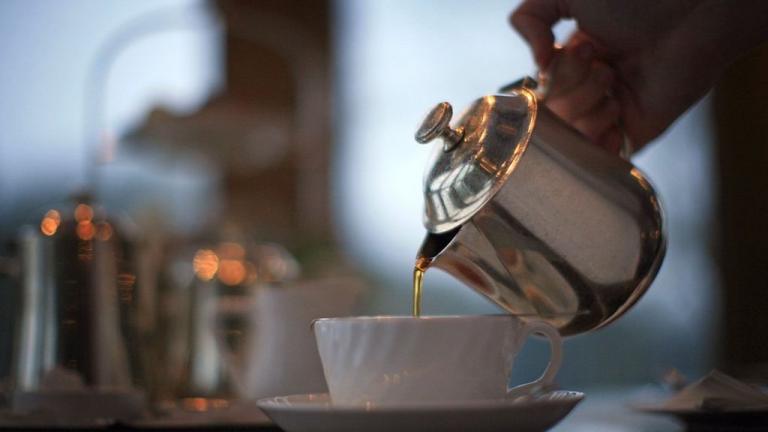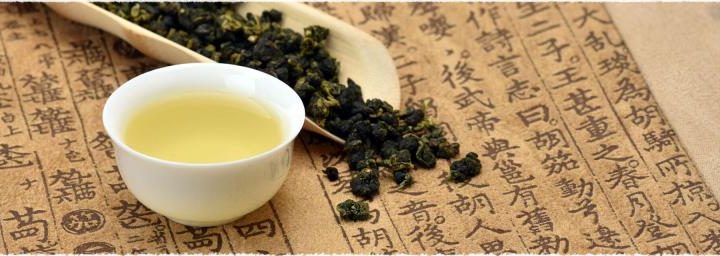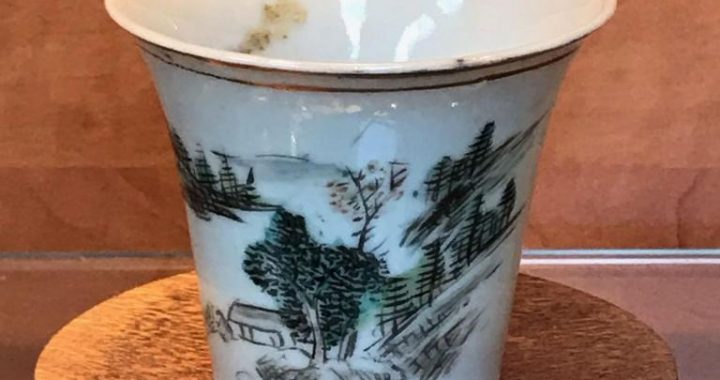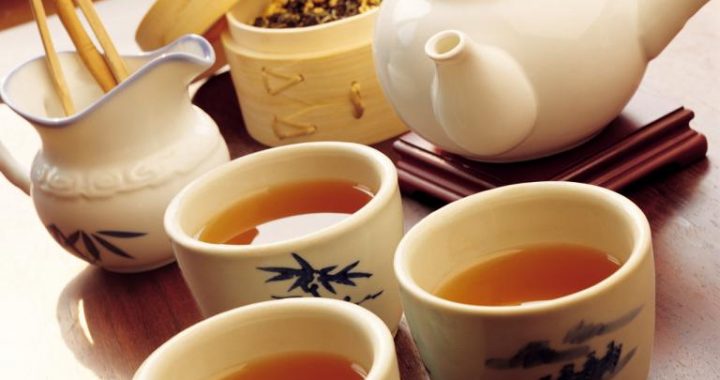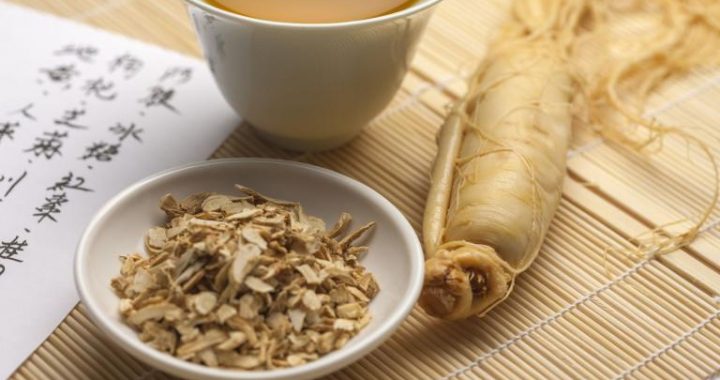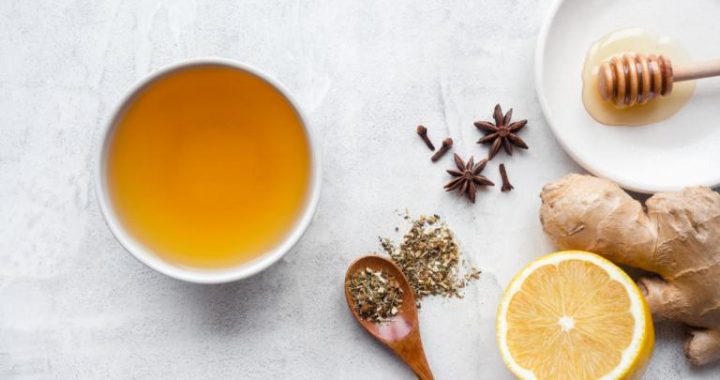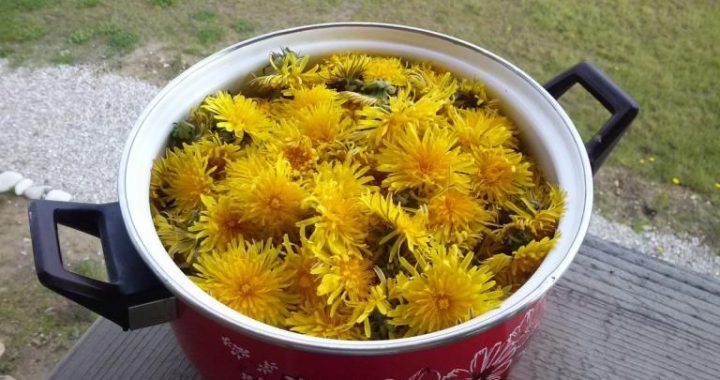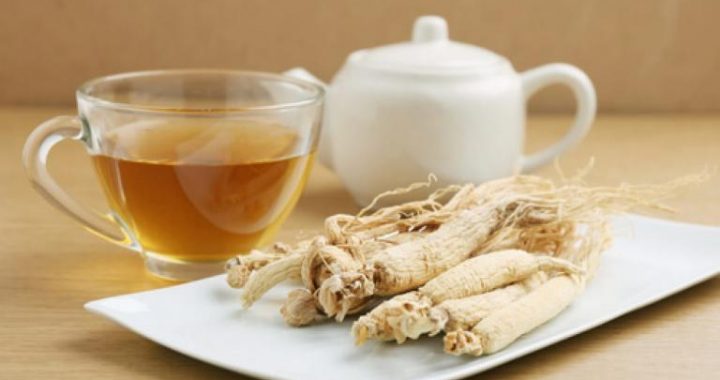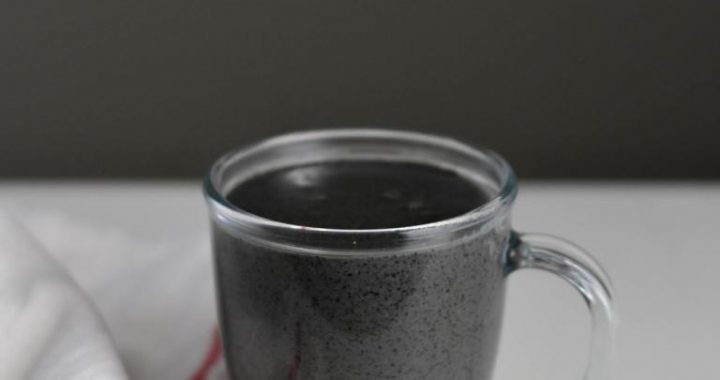Tea, Refining Man’s Will
2 min readAlthough the Chinese feudal dynasties always emphasized using Confucian ideas to rule the country, the scholars usually would become the objects of oppression under the influence of politics. For example, in the Wei and Jin dynasties (220~420) and the Ming dynasty, the men of letters couldn’t attend national affairs. As a result, tea became a carrier for them to express sensibility.
Therefore, most scholars and officials saw tea tasting as the way of tasting the life, and, combining with their own experience, all had their own feelings, preferences and pursuits. In this way, as time went by, there also formed the generally uniform tea ceremony thoughts of the scholars: tea could refine one’s will and fulfill one’s morality. Therefore, during the savoring process, they can pursue the combination of morality, feeling, articles and interest, as well as a positive attitude towards life.

“Drinking tea to refine one’s will”was the core of moral character pursued by the scholars. The moral character that pursued by the Confucianism was based on self-cultivation. Other principles included loving others, examining and regulating one’s behavior when one was alone, respecting oneself as well as other people.
The “refined will”of the tea men, although with the implication of superior to others, showed the point that the noble character of tea was just the ideal characters the Confucianism pursued. On the agreement between the nature of tea and human being, the Confucianism really had a deep and profound understanding; they saw tea as thesymbol of elegance, and gave expression to the pursuit of people’s refined will by allusion to tea.
